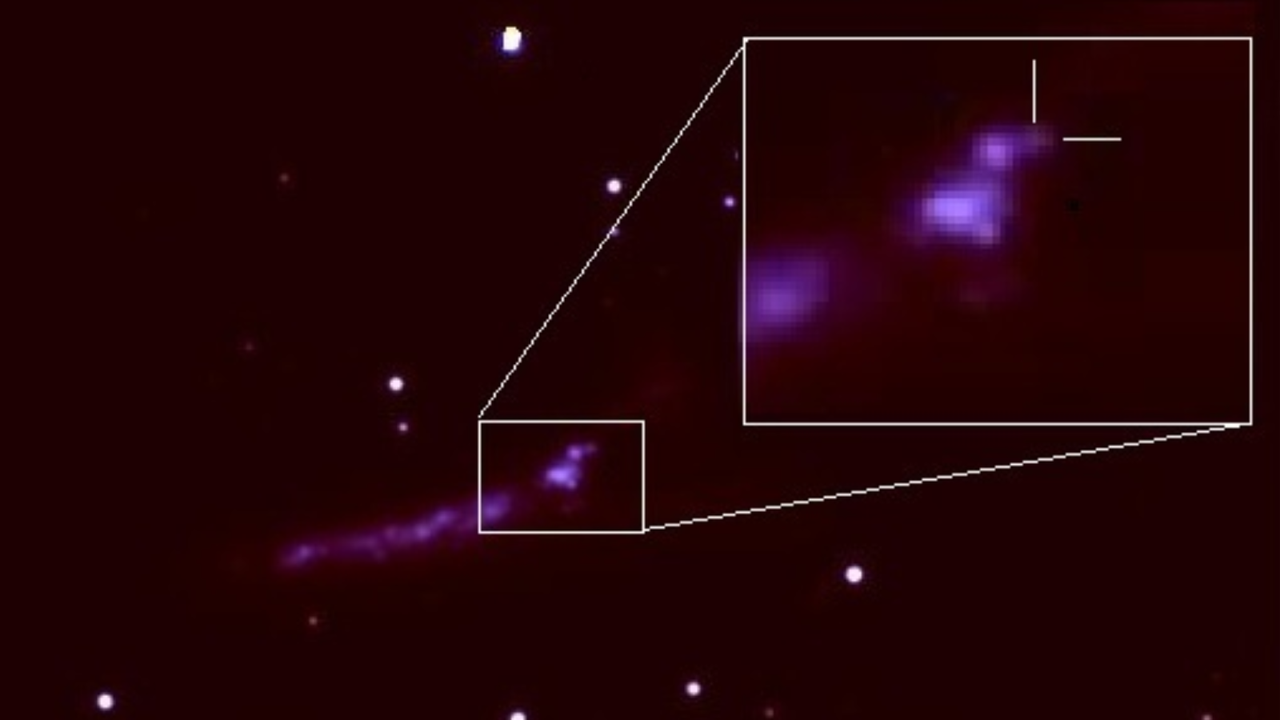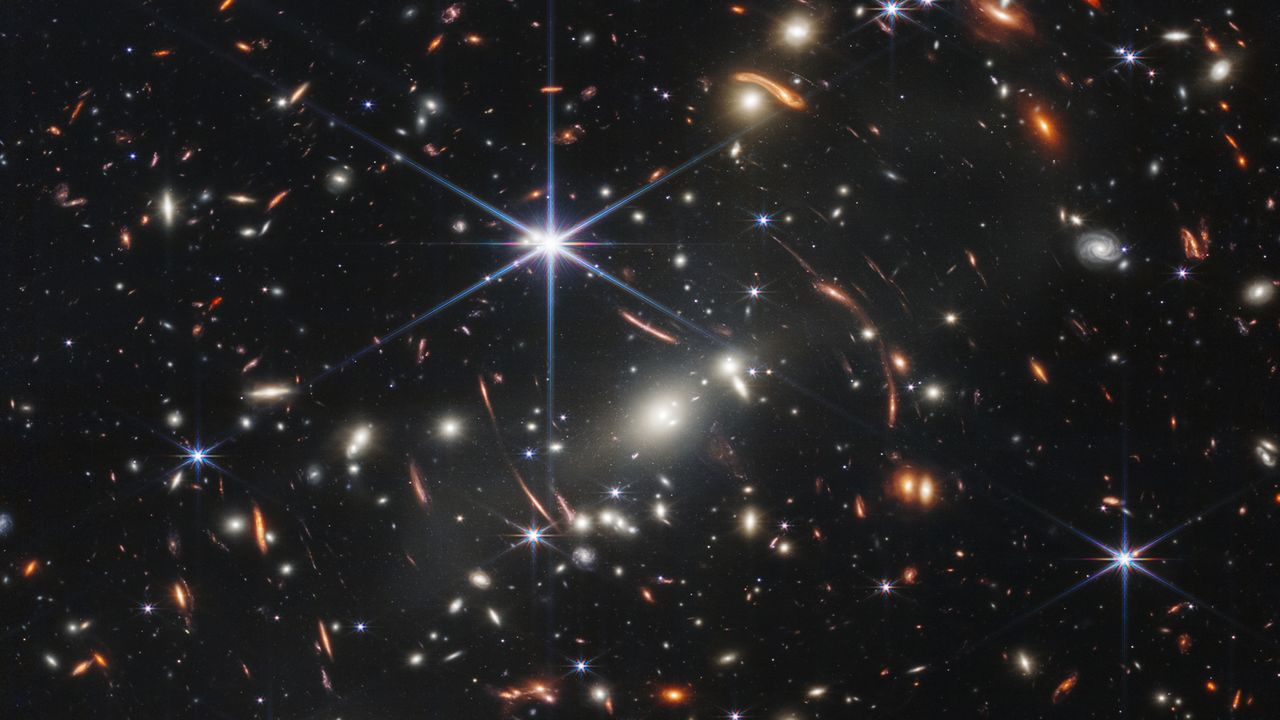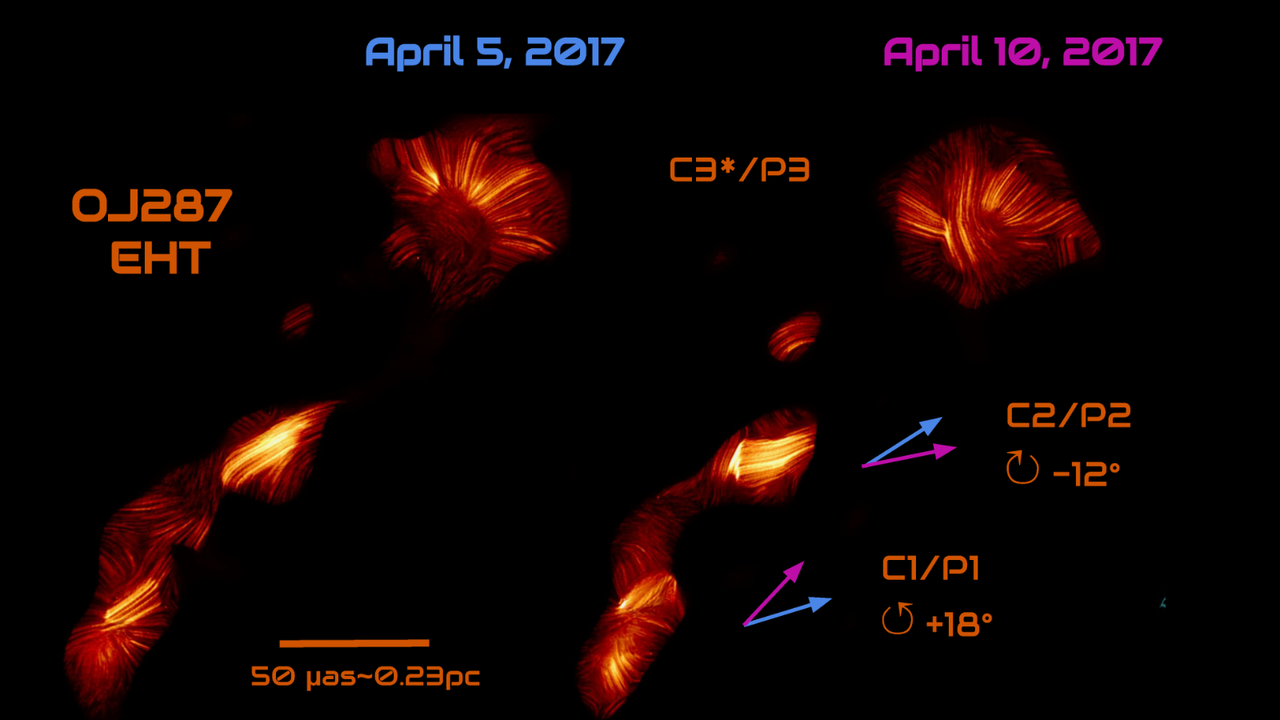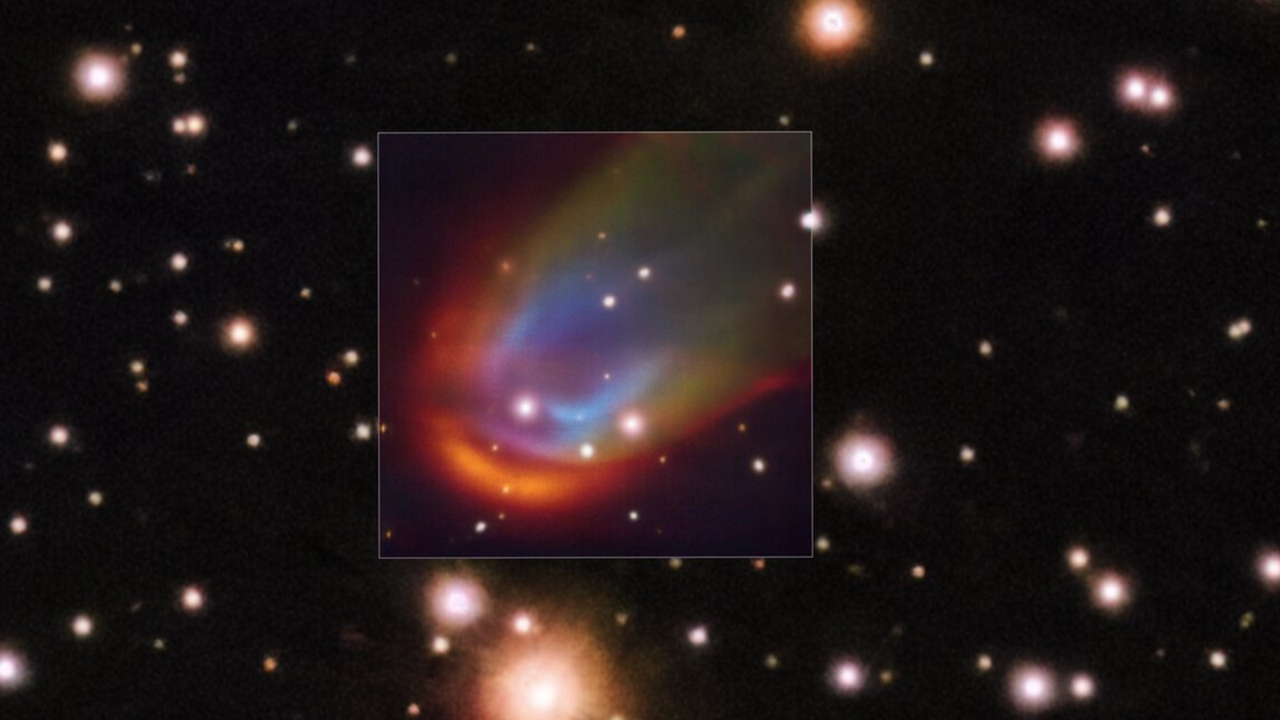'Shocking': Astronomers find monster black hole growing at 2.4 times the theoretical limit
PositiveScience
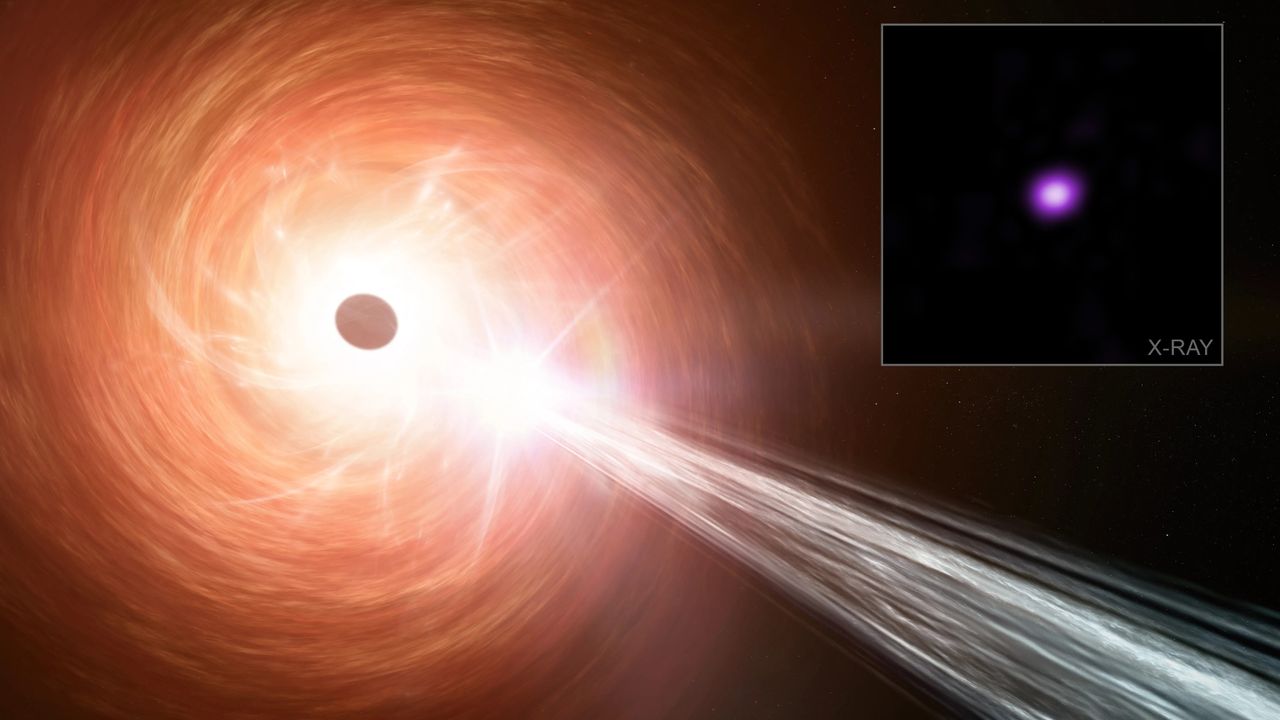
Astronomers have made a groundbreaking discovery of a massive black hole in the early universe that is growing at an astonishing rate of 2.4 times the theoretical Eddington limit. This finding is significant because it could provide crucial insights into the formation and evolution of black holes, helping to answer some of the most pressing questions in astrophysics. Understanding such phenomena not only enhances our knowledge of the universe but also challenges existing theories, paving the way for new research and exploration.
— via World Pulse Now AI Editorial System
